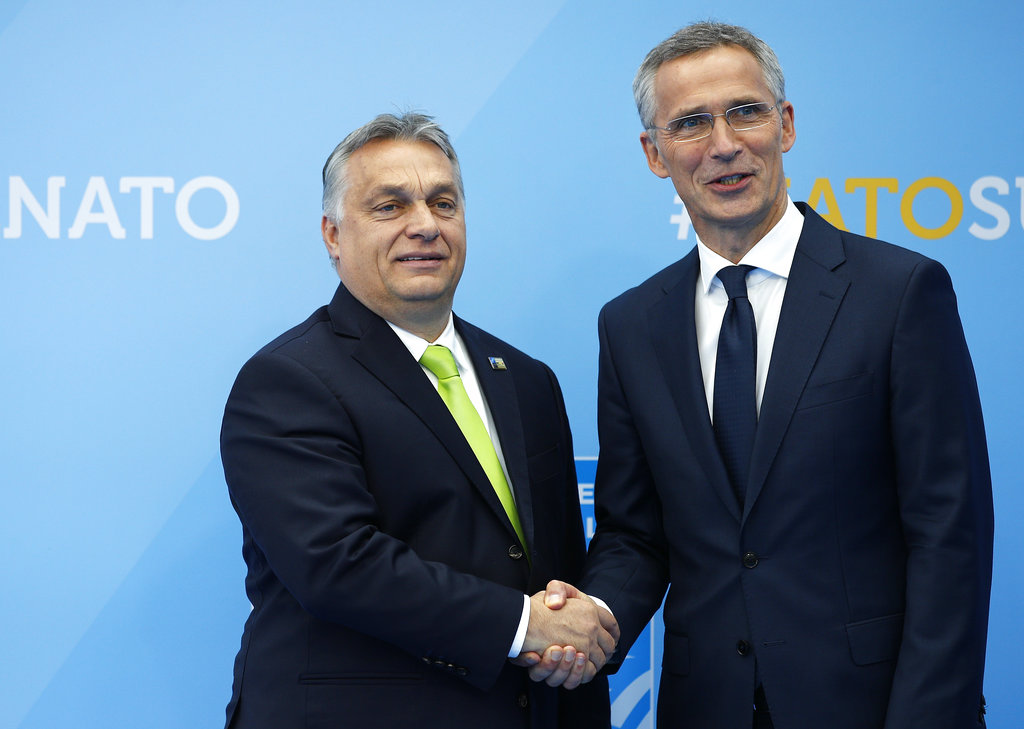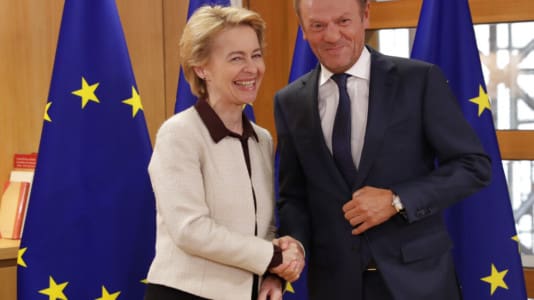The Hungarian cabinet has already spent more than it can afford on the development of the Hungarian Defense Forces to reach a level that meets NATO expectations, thus launching an unprecedented military development in Hungary, reports Magyar Nemzet.
Asked about the report in the Financial Times that President-elect Donald Trump expects NATO member states to increase their defense spending from 2.1 percent to 5 percent of their GDP, Prime Minister Orbán was not excited about any such demand.
“Hungarians are interested in disarmament for this reason alone: they are a peaceful people. It would be good if we didn’t have to pay even 2 percent of our GDP,” he said, emphasizing that Hungary had to “sweat blood” to reach this level. Orbán then bemoaned the current state of the ongoing war in Ukraine and said that if NATO requires a higher percentage,
“it will hit the Hungarian economy hard, it will put us in debt,” said Orbán.
Security policy expert Attila Demkó also drew attention to the “thousands of billions of forints in total” being spent by Hungary on weapons and systems development on his Facebook page. “Six arms factories have been built in Hungary since 2017, including the most modern and one of the largest ammunition factories in Europe. Each of these factories is either a joint venture with a NATO ally or a cooperation with Israel. All produce – or will produce – NATO-compatible ammunition and weapons,” he posted.
Manufacturing projects across Hungary include tracked and wheeled vehicles in Zalaegerszeg, ammunition and explosives in Várpalota, radar and weapon systems integration in Kaposvár, armored combat vehicles in Győr, small arms in Kiskunfélegyháza, parts for civilian and military helicopters in Gyula, radars in Nyírtelek, and laser technology in Szeged.
As part of the National Defense and Force Development Program, past weapons and equipment orders continue to also arrive in Hungary to modernize the capabilities of the Hungarian Defense Forces and boost the country’s deterrent capabilities. Magyar Nemzet lists out an impressive array of new arrivals, from radar equipment and armored all-terrain combat vehicles to fighter aircraft and military choppers and technical rescue and bridge-laying tracked vehicles.
Personnel increases are also being made. Back in 2023, Minister of Defense Kristóf Szalay-Bobrovniczky announced a campaign to recruit crews for the new, most modern equipment purchased. In November of that year, they began recruiting candidates to operate the Panzerhaubitze 2000 self-propelled guns, for a gross salary of around HUF 737,000 (€1,700) per month .
Around 500 young people joined the György Klapka 1st Armored Brigade of the Hungarian Armed Forces in Tata in February this year, and in August, more than 70 young people joined the Pál Kinizsi 30th Armored Infantry Brigade of the Hungarian Armed Forces in Hódmezővásárhely for crew training in the Lynx KF–41 armored fighting vehicle.
Reservists are also being recruited. Earlier this month, Szalay-Bobrovniczky said that 3,500 young Hungarians had joined the territorial defense forces in just a few months, and their training is ongoing. He also noted that Hungary’s territorial defense force is now an independent component, with the entire country covered by seven territorial defense regiments.
“Since Hungary switched to organizing a voluntary territorial defense system, so many people have never joined the defense forces in such a short time,” the defense minister said at the time. Those applying can participate in training and exercises on weekends, adapting to their civilian lives, highlighted by the fact that 10 percent of the reservists recruited over the summer had been certified as professionals.
After completing basic training, reservists will receive a gross salary of 50,000 forints a month (€121), a gross contract fee of 150,000 forints, and a gross referral bonus of 500,000 forints. Students in higher education are entitled to a gross scholarship of 160,000 forints per month, while those in vocational training are entitled to a gross scholarship of 110,000 forints per month, if they undertake service during their studies.






